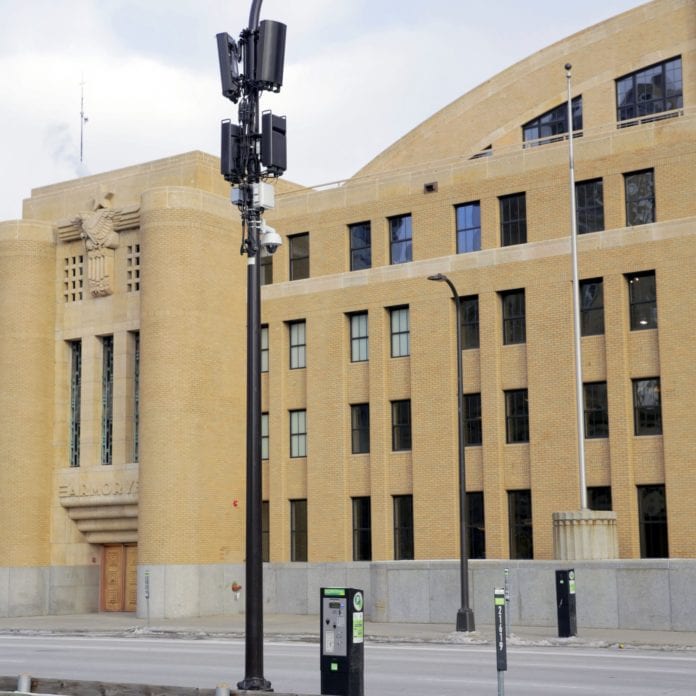FCC Chairman calls move “pro-competitive”
As service providers look to deploy wireless and broadband infrastructure in cities and towns across the country, access to utility poles and other infrastructure sites is a consummate problem. In many cases, an incumbent service or utility provider owns the poles, which requires a level of organization and logistical planning that’s separate but has bearing on the coordination needed with a local government entity. The end result is wireless and broadband deployments can take longer and cost more than would have been the case if concurrency was more straightforward. The U.S Federal Communications Commission (FCC) last week looked to address this issue by adopting a “one-touch, make-ready approach.”
FCC Chairman Ajit Pai described the problem as it relates to a new market entrant. He said, for a company trying to enter the space, it “can be hard, if not impossible, if your business plan relies on other entities to make room for you on those poles. Today a broadband provider that wants to attach fiber or other equipment to a pole first must wait for, and pay for, each existing attacher to sequentially move existing equipment and wires. This can take months. And the bill for multiple truck rolls adds up.”
In a nutshell, the FCC rules changes remove the multi-step make-ready process and install a regime “in which the new attacher performs all make-ready work,” according to documents published by the regulatory body. The change, according to estimates provided by the FCC, “could result in approximately 8.3 million incremental premises passed with fiber and about $12.6 billion in incremental fiber capital expenditures.”
Wireless industry and consumer groups lauded the decision and what it will do for accelerating broadband deployments.
Jonathan Adelstein, president and CEO of the Wireless Infrastructure Association and a former FCC commissioner, said, “Next generation 5G technology will the require the deployment of more facilities. [The FCC] action will lower one of the barriers to infrastructure deployment and help all communities reap the benefits of wireless broadband.”
Steve Pociask, president and CEO of the American Consumer Institute, said one-touch, make-ready “is a big win for consumers. This rulemaking will allow for fast, more streamlined and more cost effective processes surrounding network buildout of revolutionary 5G networks.”

